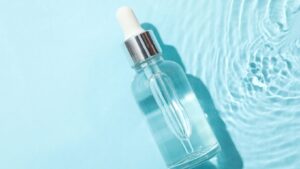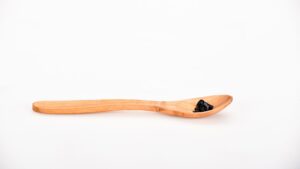Email us
Call us
Recipes & Guides
Free Ebooks
Visit Our Store
Free shipping orders R2000+ | Nationwide shipping from R70




